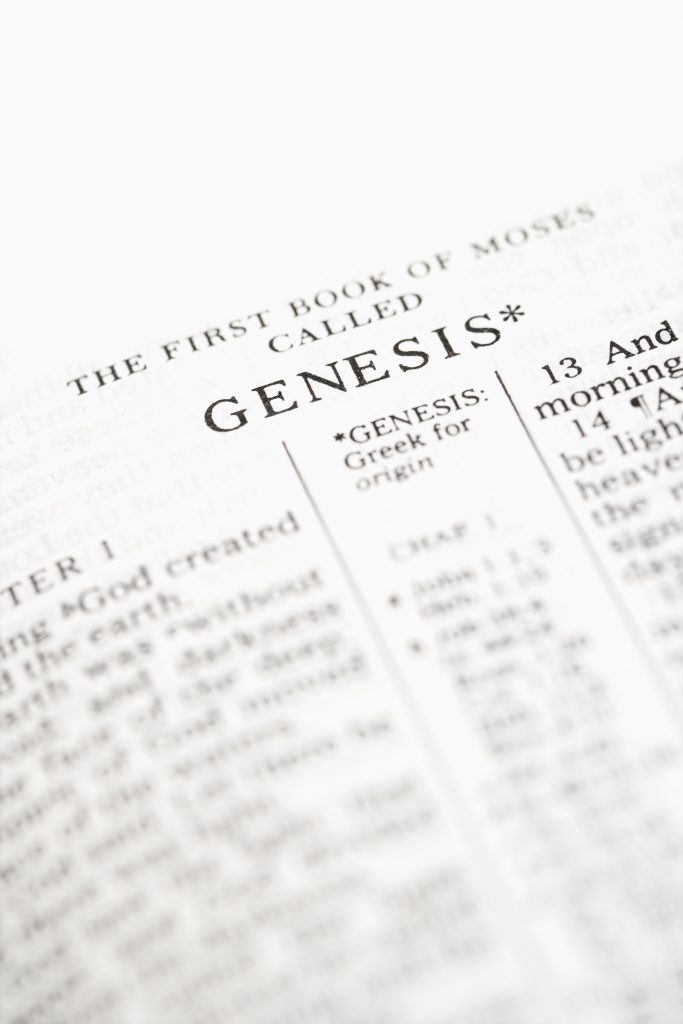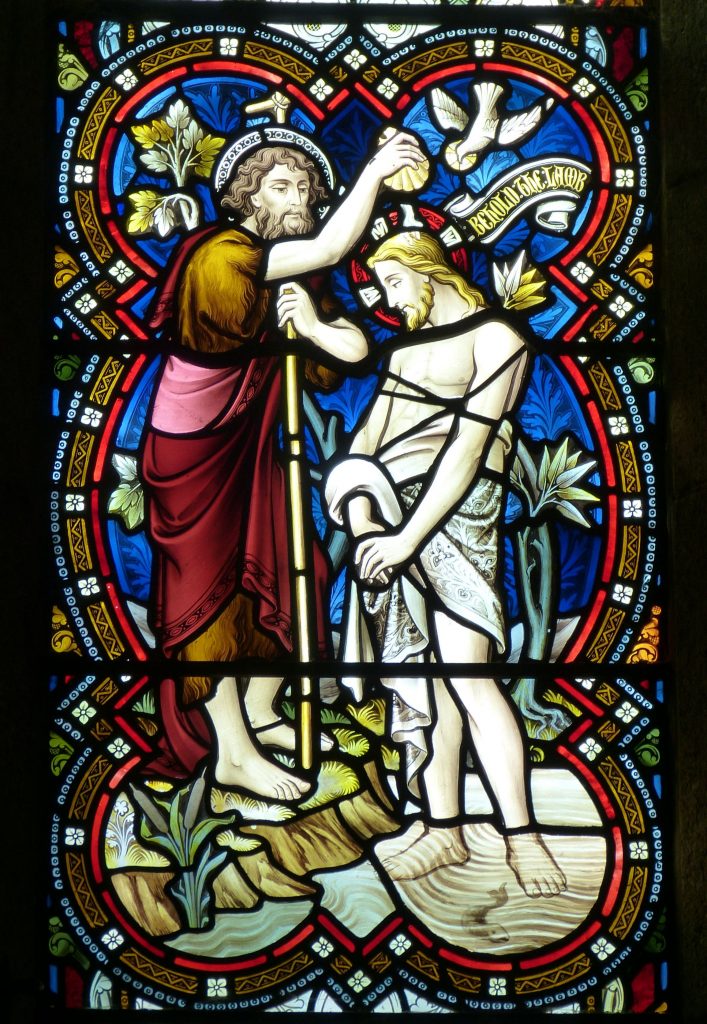Home > A resolution of hope
A resolution of hope
By Kathy Horne
Resolution: a firm decision to do or not to do something (Oxford dictionary)
This must be the most frequently used word on the first of the year – along with hungover – qualified by “new year’s.” But I wonder, after living through a pandemic, a dramatic US presidential election, and Brexit, do we have any energy left to consider a new year’s resolution?
2020 has been exceptional. By November’s end, over 58,000 people in the UK had died from Covid (within 28 days of a positive Covid test). The pandemic has seen not only numberless deaths, but also job loss, economic recession, an increase in mental health illnesses, the list goes on.
But adversity brings out the best in humanity. At the beginning of the first lockdown Annemarie Plas began ‘Clap for Carers.’ Every day for 10 weeks citizens around the country stepped out of their homes to cheer for key workers tirelessly working on the frontlines. Sir Captain Thomas Moore was knighted after raising £33 million doing 100 laps around his garden for his 100th birthday. Marcus Rashford was awarded an MBE for his campaign against child poverty and homelessness, allowing free meals for school kids during lockdown and summer holidays. These are the very few examples highlighted nationally, and we can only imagine the number of acts of kindness that took place on a local scale.

Starting afresh
So while we experience disappointment, grief, and various kinds of loss, we can also somehow experience happiness, joy and hope. The opposites do not cancel each other out, but they exist at the same time. Psychologist Susan David says, “These feelings are part of our reality. [Negative emotions] are what makes us whole, human beings.” And perhaps those more negative emotions are what drive us to make new year’s resolutions. There is an underlying dissatisfaction in our current reality that causes us to start anew.
Whether or not you have made a new year’s resolution, we’d all like to stick at a habit or discipline, and not give up by the beginning of February. According to sociologist Christine Carter, when starting an exercise routine, she said we have to be willing to be bad at it. “To establish an exercise routine, I needed to let myself be bad at it. I needed to stop trying to be an actual athlete.” The more motivation you have, the more you can accomplish. But, as we all know, we can only muster up so much motivation.
Made in God’s image
2020 has been an exceptional year. Perhaps we enter the new year with more kindness not just to others, but especially to ourselves. We can show resilience in the midst of adversity, but we can also show fragility and brokenness. In our fragility and brokenness lies hope, because we have been made in the image of God.
Genesis 1:27-28 says, “So God created mankind in [or “to be”] his own image, in the image of God he created them; male and female he created them. In verse 28, God gave us a mission:
“Be fruitful and increase in number; fill the earth and subdue it. Rule over the fish in the sea and the birds in the sky and over every living creature that moves on the ground.” As ‘image-bearers’, we are to reflect God into the world. We are to govern (rule) the way God does. Just as God involved Himself and gave of Himself in creation from the beginning, we are to be involved the same way, cultivating what He has made. For example: God produces the vegetation [Genesis 1:11-12; 2:8-9] and man cultivates it [Genesis 2:15].


Broken but yet restored
But we decided to break this image – we wanted to be our own God and create our own identity. Praise the Lord then, that our God given image can be and has been restored to us! All because God became like us.
We can cultivate creation again because Jesus – the image of the invisible God – entered our broken and fragile world, and became broken. Isaiah prophesied about the Son of Man, “But he was pierced for our transgressions, he was crushed for our iniquities; the punishment that brought us peace was on him, and by his wounds we are healed.”
We have just celebrated the birth of the Lord Jesus Christ, who entered the world in the lowliest of places, yet is the One whom Israel was waiting for, to put the world right (justice) and to restore creation and humankind (peace).
No matter how 2021 has started, we are not left without hope. Emmanuel, “God with us,” has come. So the negativity and brokenness of 2020 can motivate us to make resolutions. The Creator God has made us to make resolutions to cultivate creation. But if Jesus doesn’t give us the hope to fulfil our resolutions, what else will?
Talk to a Mentor
What hit home for you in this article? Would you like to discuss anything in particular?
Just fill in the form below and one of our mentors will get back to you as soon as possible.
Our mentors aren’t counsellors, but they are ordinary people willing to join others on their spiritual journey in a compassionate and respectful manner.

